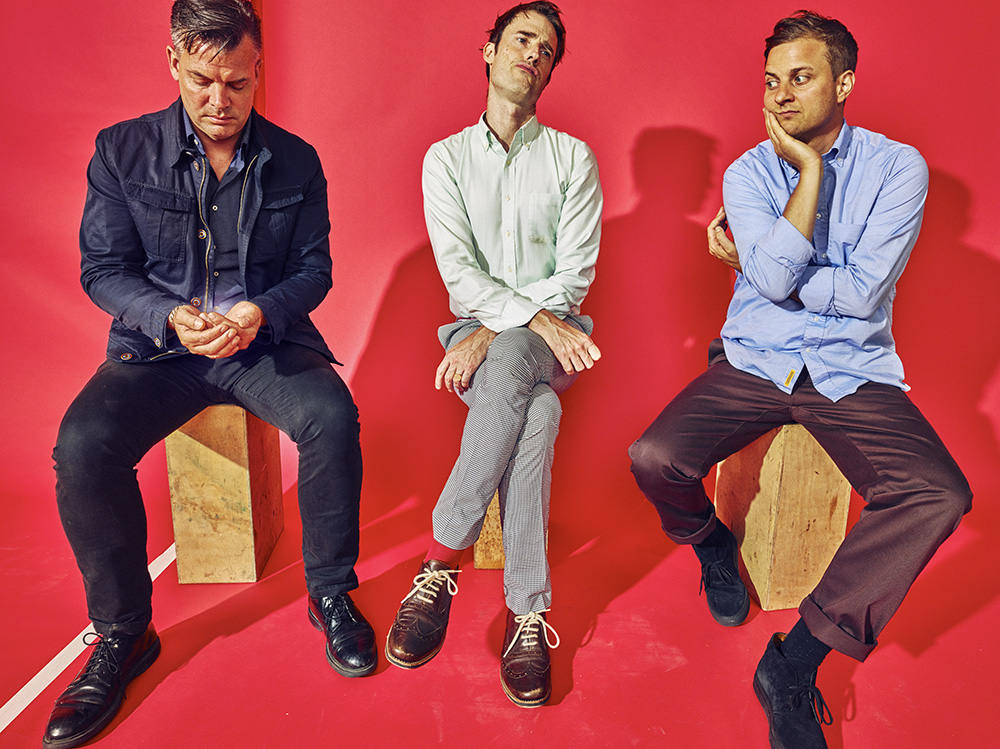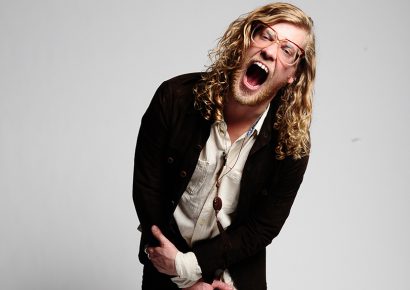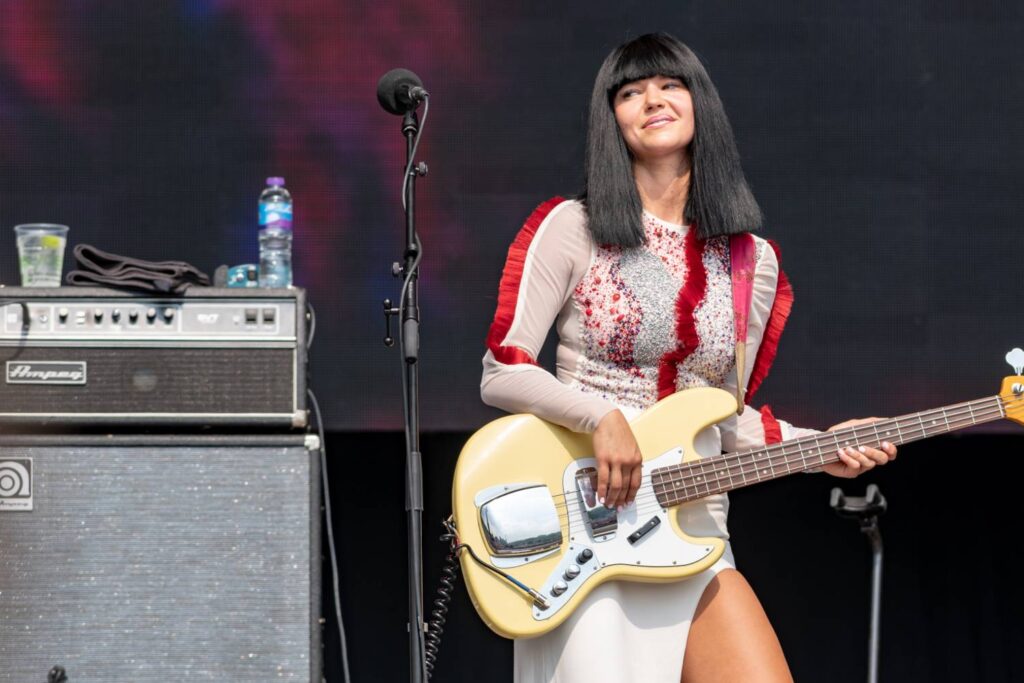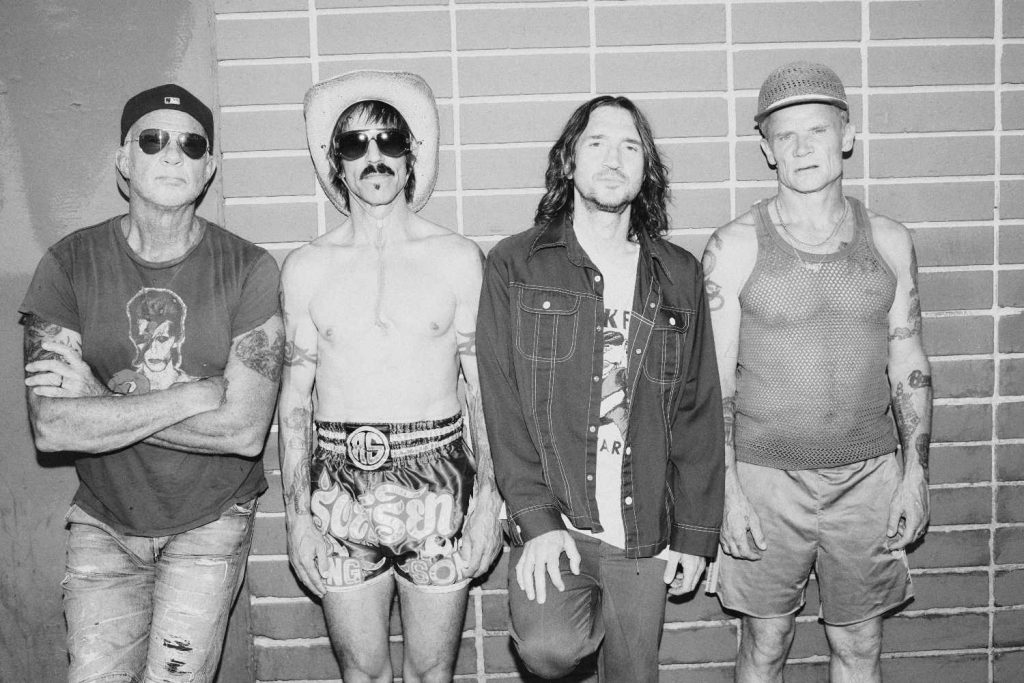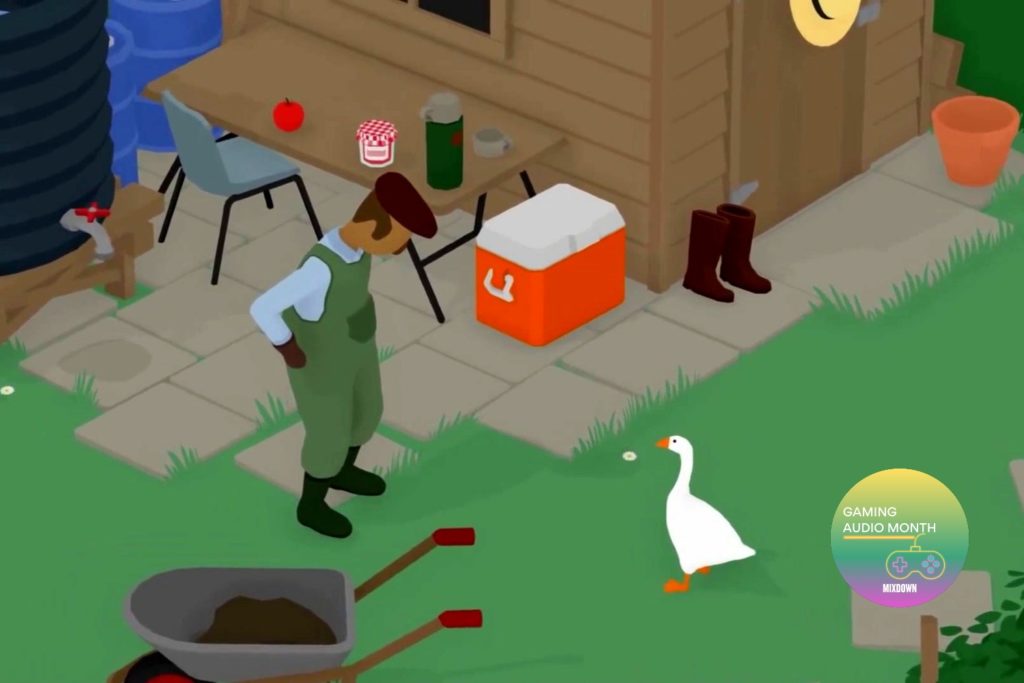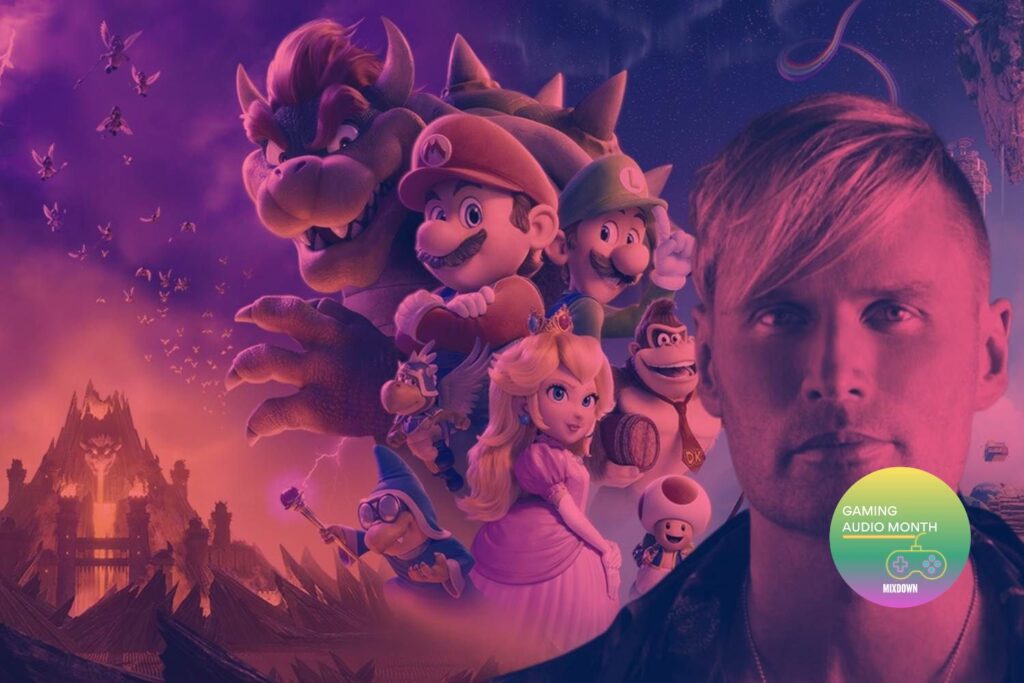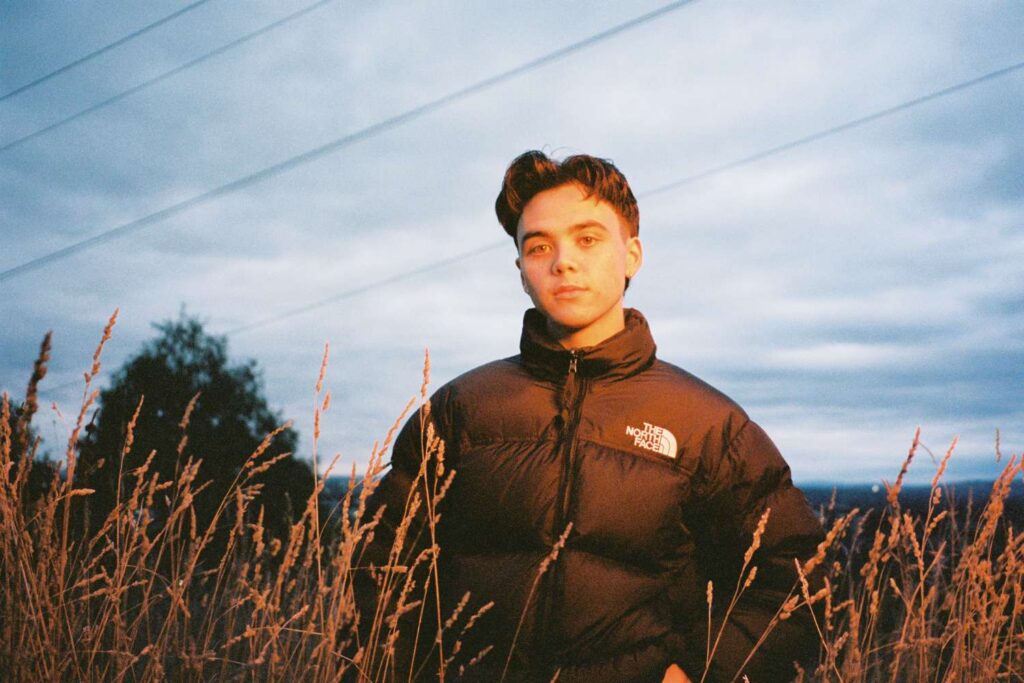After the uncertainty surrounding Gloss Drop, did you feel more freedom about where you could take Battles on La Di Da Di?
In a way, on Mirrored the surprise was that we actually made an album with some singing on it, because the stuff before had been instrumental [EPC and B EP, both 2004]. So it was like, “Oh there’s singing. Surprise.” Then I think on Gloss Drop we felt like, “Oh other people are singing. Surprise.” I feel like La Di Da Di, it was like “Oh we made an instrumental record again and there’s no singing. Surprise.” There are a lot of ways we can be ourselves, and what Battles can be. We didn’t have to do it this way, but it felt good to make an instrumental record and have a little more space in the music.
There is a wonderful amount of space in the arrangements, and the three of you play together with resolute comfort. But I imagine the songs don’t always come together as comfortably and spaciously as they finish up. Not only is the playing tight and technically pro cient, but everything on La Di Da Di is precisely produced. Is it an element of pre-production to refine until you’ve removed any mess? Or do you go back in post production and figure out what’s essential?
With our older material it was like traffic conducting. It was like guring out traffic patterns and like, “Well this has to go here, therefore this has to pull back to make room for it.” It was about how to fit all the stuff in. I think this one we didn’t have to worry about that too much. There was more opportunity just to let the thing play itself out, let the melody figure out what it was. It used to be like more point–counterpoint, back and forth like an argument. This one was like, “Let’s just see if it’s interesting to let a line play without the thesis–antithesis thing going on.” We would always set something up to sort of wreck it – like, “here’s a nice little thing”, and then we’d have something step on it. This was just trying to let things flow a bit.
It’s a cliché to say, but Battles exemplify the whole being greater than the sum of its parts. On La Di Da Di there’s equal importance to all three members’ contributions, rather than one person’s input clearly leading the way. Internally, does there tend be a leader, or someone who takes charge of individual songs?
I’ve always liked the idea of music that was about relationships between parts – you can feel the bass and the drum together, and the guitar, and it’s all locking together. The inner movement of machine parts together, functioning to create the whole. I like that harmony that gets found when things coexist without the leader. People often find that they find more emotion and meaning in music when there’s the lead singer telling you a story about his girlfriend who left him or when there’s the guitar solo with the guy wailing on a single note. But I find there’s nice emotion actually in a relationship between parts, which is a little more abstract emotion. The band functions like a creative democracy or something like that. There’s not like the creative director. We try to make it so that everybody’s into a jam, into the vibe of something, and we build something off of that. It’s confusing.
Is that an important feeling for you; a sense of mystery or confusion running through what you’re creating?
I’ve often felt if the process is too simple, the results I come up with are too simple. I find it’s interesting to feel like you’re just on the edge of disaster a lot – like “I’m not sure if this is going to work or not.” It means you’re truly exploring as opposed to doing that thing you know how to do.
On the subject of exploration, given La Di Da Di is completely instrumental and a jazzy sense of adventure permeates the record, Battles could be expected to be a jam band onstage. Do you feel there’s a lot of essential elements to the album versions that you need to preserve when playing these songs live?
We stick to the album versions as a blueprint. We do jam a little. But at least in the United States, [jam band] has a lot of connotations of The Grateful Dead and Phish and all the bands in that world. Like, “as long as it’s got a beat and I can shake my hips to it and take drugs it’s fine with me.” I really don’t think that’s the kind of trip we’re on. I feel like we’re still this punk band that’s evolved from that family tree – like a few decades down the branch. Our excursions are still this more focused aggression, as opposed to just taking acid and going for it.
Battles will be performing nationally as part of Laneway Festival. La Di Da Di is out now through Inertia.
